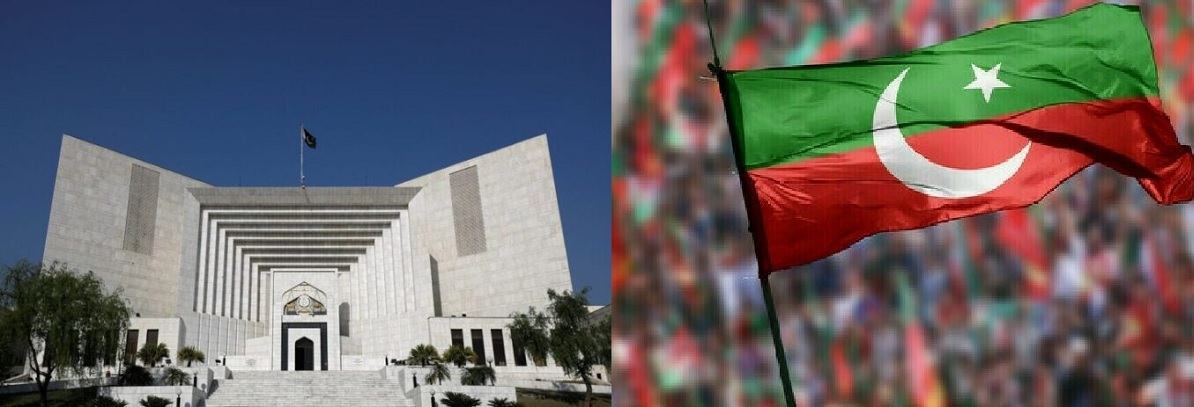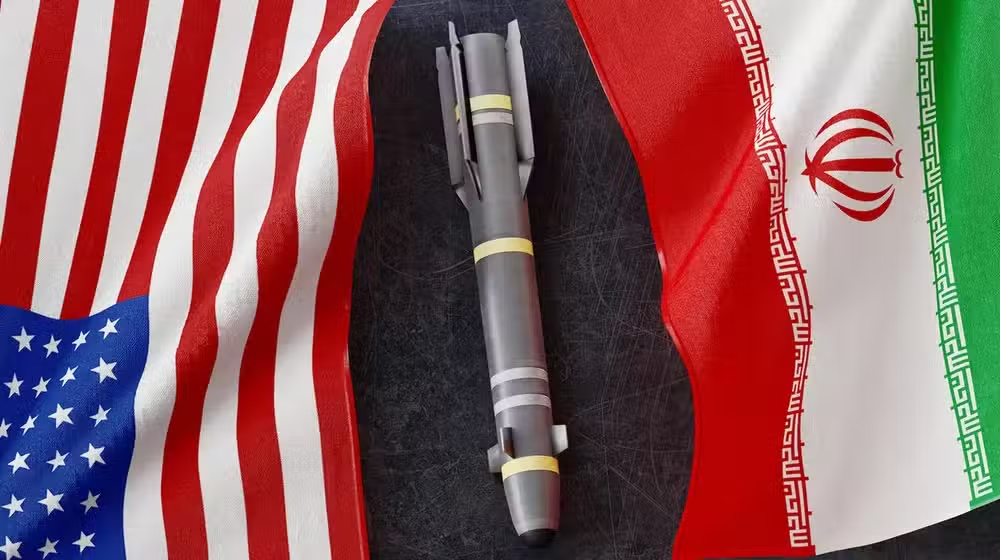In a significant victory for Imran Khan’s Pakistan Tehreek-e-Insaf (PTI), the Supreme Court of Pakistan has overturned orders by the Peshawar High Court (PHC) and the Election Commission of Pakistan (ECP) that stripped reserved seats from PTI-backed Sunni Ittehad Council (SIC). The highly anticipated verdict, decided by a majority of 8-5, mandates PTI to submit necessary documents within two weeks to reclaim the reserved seats.
The apex court emphasized that removing an election symbol does not negate a party’s right to participate in general elections, asserting PTI’s status as a political entity. Justices Mansoor Ali Shah, Munib Akhtar, Muhammad Ali Mazhar, Ayesha Malik, Athar Minallah, Hassan Rizvi, Shahid Waheed, and Irfan Saadat ruled in favor of SIC. In contrast, Justices Aminuddin Khan and Naeem Akhtar Afghan dissented, while Justice Yahya Afridi presented a separate opinion.
Chief Justice Qazi Faez Isa and Justice Jamal Khan Mandokhail critiqued the election body’s misinterpretation of the January 13 order. The bench, led by Chief Justice Qazi Faez Isa and comprising several justices, deliberated extensively after two full-court meetings.
The case, stemming from PTI members running as independents due to flawed internal elections, saw them unable to use PTI’s cricket bat symbol in the February general elections. Nonetheless, PTI-supported candidates secured the most seats in the National Assembly and aligned with SIC to claim reserved seats.
Justice Minallah asserted that the ECP had misinterpreted the court’s verdict on reserved seats, potentially reshaping the National Assembly’s composition. PTI aims to secure 78 reserved seats allocated to rival parties.
The ECP reaffirmed SIC’s ineligibility for reserved seats in correspondence with the apex court, defending its decisions under constitutional and legal frameworks.
Must Read: Electricity Rates Surge: Nepra Greenlights Rs7.12 Per Unit Increase for 2024
The outcome of this case holds substantial implications for the National Assembly’s makeup. PTI’s pursuit of 78 reserved seats, previously allocated to other parties, underscores the stakes involved. In response to the apex court’s decision, the Election Commission of Pakistan (ECP) reiterated its stance, emphasizing that its actions were lawful and constitutional.
The saga began with PTI members contesting as independents in February’s general elections following the Supreme Court’s ruling on flawed internal elections. This ruling barred them from using PTI’s cricket bat symbol during the campaign. Despite these challenges, PTI-aligned candidates emerged with a significant number of seats in the National Assembly.
Justice Minallah’s critique of the ECP’s interpretation of the court’s verdict further underscored the complexity of the case. The Supreme Court’s intervention and subsequent rulings have sparked extensive legal debate and political discourse across Pakistan.
As PTI moves forward with its efforts to secure the reserved seats, the aftermath of this decision is poised to shape the dynamics of Pakistan’s political landscape in the coming days and weeks.


